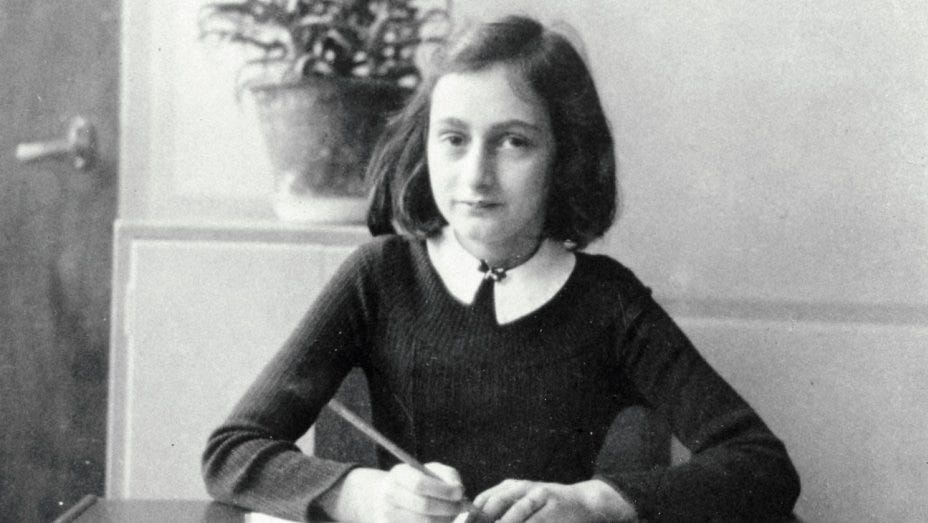Anne Frank was the first to introduce me to the holocaust as a child. We sat down as a family every Sunday to watch the television show. My mum answered all my questions, and slowly I learned.
This started a lifelong obsession with historical stories from those who had lived through the worst humanity can throw at them.
When I became a teenager, I read her diary several times. Five years ago, I visited the annexe she shared with seven others, which profoundly affected me.
It was as quiet as a graveyard, yet it still seemed to hold some of the personalities that lived there. There were moments when you had to remind yourself that this happened; this wasn't a set from a film, but the home to seven persecuted souls.
As you walk around, you see the pictures left on the walls. You put your hand on the chair that Anne was dragged out of by the Germans, and you wonder how seven people survived in what is little more than a cupboard.
Regularly, I read her diaries to remember what happened to thousands. However, I did not realise until recently that there are three copies of Anne's diary, which have been fought over since World War II.
The conflict in Anne's life did not end when she died in Auschwitz.



